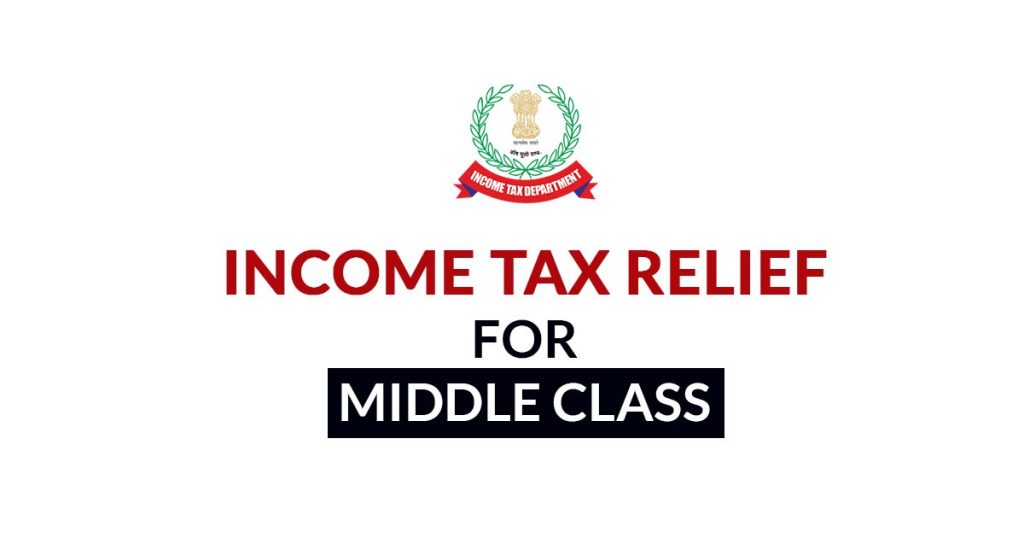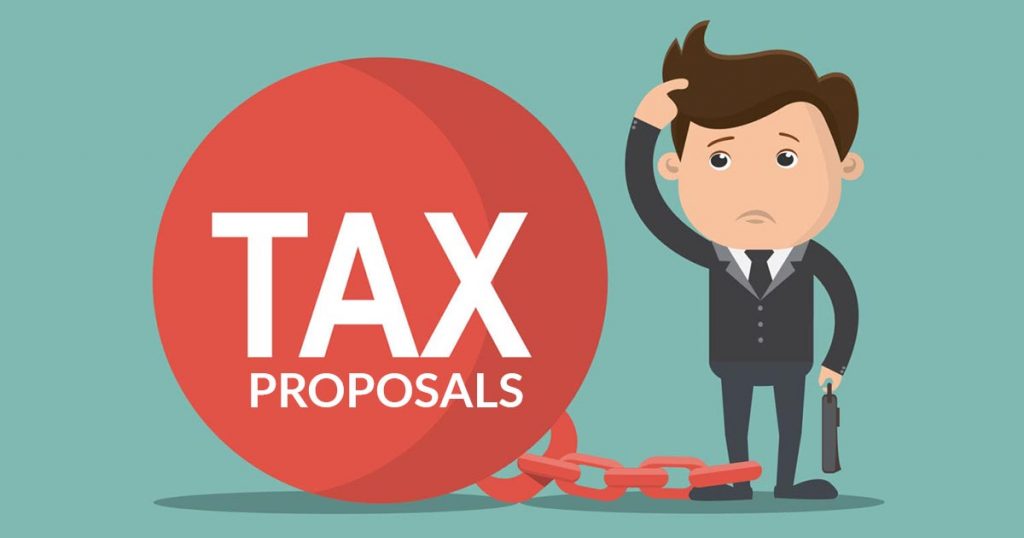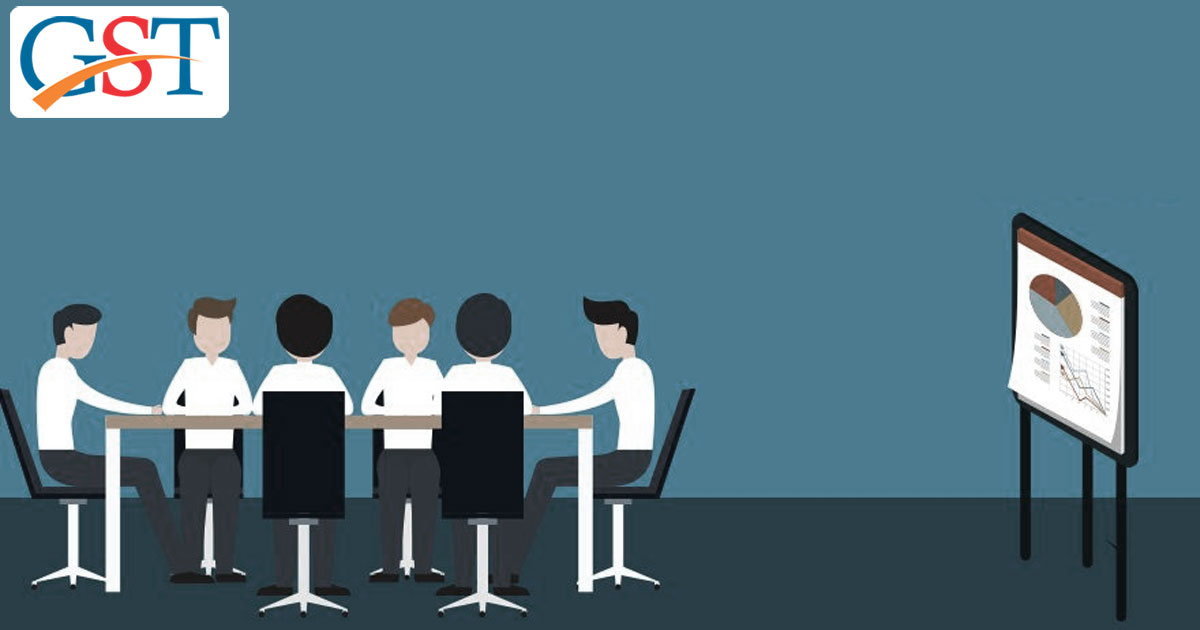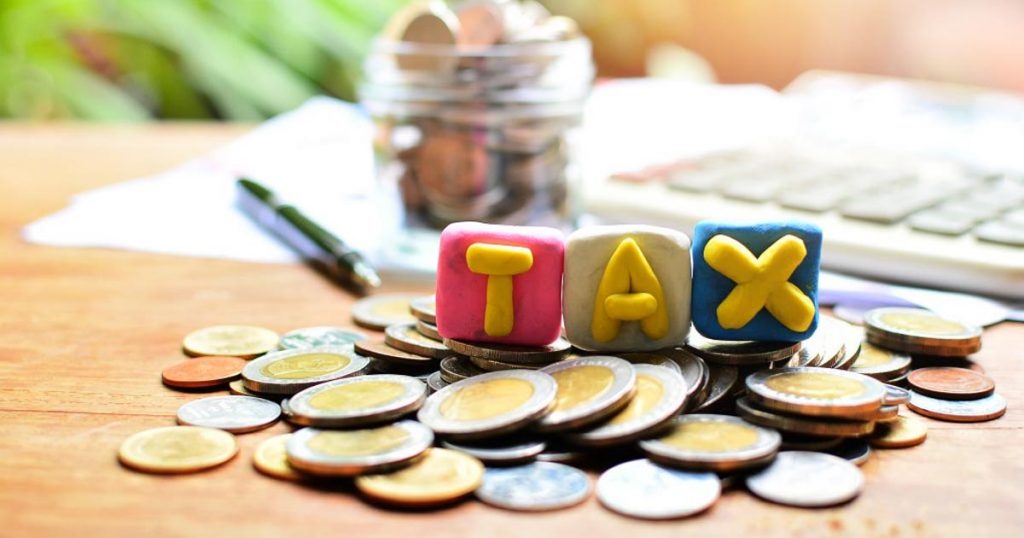
Sources from Finance Ministry unveil that the panel is currently stressing on income tax relief for the middle-class Indian residents. The amended norms are likely to get induced in the upcoming Union Budget 2020-21 
Discussions held within the administration completely revolved around enhancing the country’s economic growth and the ways to reduce the tax burden on middle-class public leading to increased consumption.
The sources revealed that the Ministry has finally developed an ideal roadmap for tax adjustments following which the effective tax burden on the general class will be reduced by 10% of their overall tax outgo of the year. For instance, if a common man pays Rs. 1 Lakh per year as tax then as per the proposed norms he might get the relief of RS. 10,000 in his current amount of tax payment.
The Finance Ministry is going through a series of meetings leading to many conclusions regarding tax relief for the middle-class genre like one conclusion is to cut-off completely the surcharges on taxes paid by middle-class residents and keeping tax compliance a simple business. Among other conclusions, one is the transformation of GST rate slabs 
One more is that the government could give tax incentives for people investing in real estate, buying a home or a commercial property. Justifying the conclusion of relief in real estate the officials said that this is an ever-evolving sector and has a multiplying effect on the economy, therefore the relief for new home buyers could be of greater significance. Though no proper rule has been issued related to tax incentives for new home buyers, discussions are still going on theming the proposed law.
While the taxpayers are expecting a considerable reduction in their tax payments, on the other hand, the government has to balance its fiscal dynamics amidst lower than estimated tax revenue generation.
Along with the corporate tax rate cut announced by the Finance Ministry last year, the middle-class taxpayers demanded to modify the income tax rates so that more could be in the hands of the individual (purchaser) who in turn can make more purchases/investments enhancing the scenario of the Indian economy.
On issuing the provision for a corporate tax rate cut 
The government has already extended benefits to the corporate sector by inducing a 22% tax rate in place of 30% earlier with the clear motive of enhancing investments in the sector. But the planning fails as middle-class taxpayers (who constitute a much larger section of the society) have very less consumption power due to skyrocketing tax rates in other segments. Due to corporate tax cuts, the government is already in a deficit of Rs. 1.45 lakh crore.
Ending on a good note, fresh investments and enhanced consumption could be traced in the near future due to tax relief provided to individual taxpayers leading to compensation of the current declining tax revenue collection.









